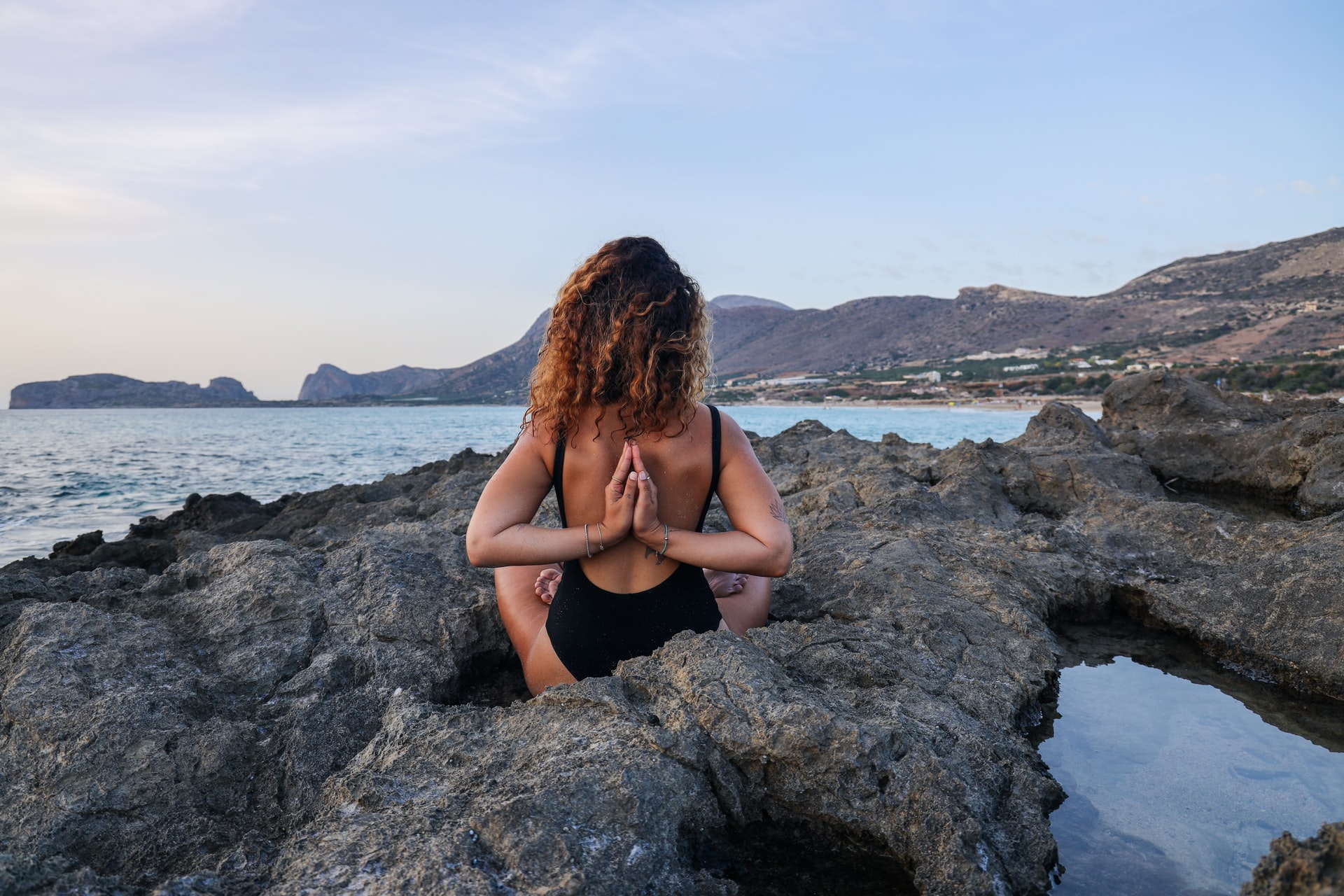You must activate your body’s natural relaxation techniques response in order to effectively combat stress. Deep breathing, visualization, meditation, and yoga are just a few of the techniques that can be used to combat anxiety.
How To Get Into The Habit Of Taking Deep Breaths
Take a seat and make sure your back is straight. Hold your chest with one hand and your stomach with the other.
Using your nose, take deep breaths in and out. You should feel a rise in the hand on your abdomen. You should feel very little movement in your chest when you place your hand there.
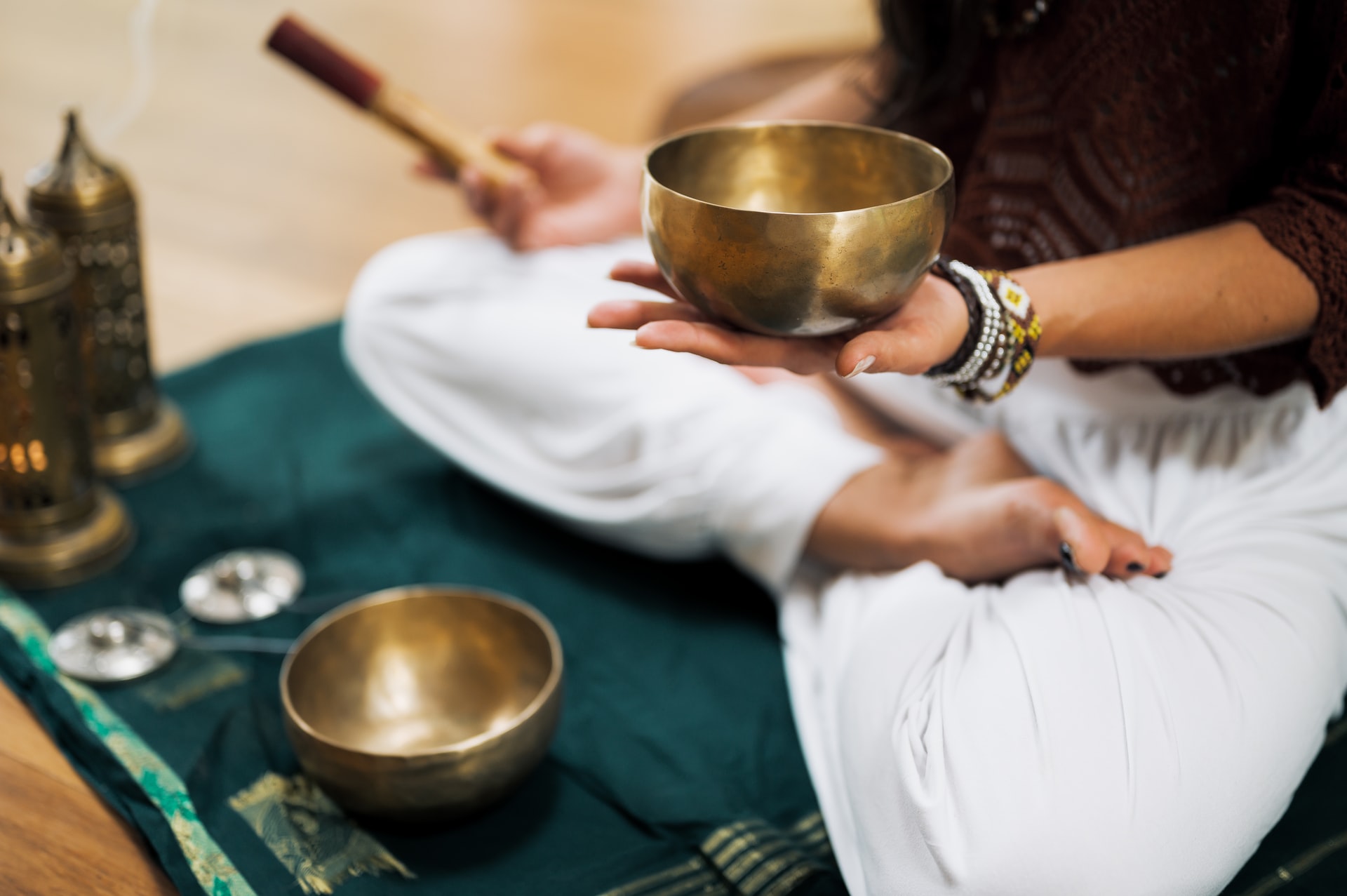
Take a deep breath in and exhale through your mouth, forcing as much air out as possible as you outsource your core muscles. Even though you’re exhaling, only the finger on your belly should make any movement.
Anxiety Exercises Include:
Humans frequently experience anxiety as a reaction to stressful situations. Excessive anxiety, on the other hand, can make leading a healthy and happy life difficult. If you’re feeling overwhelmed by your anxiety, attempt one or more of the following exercises wherever and whenever you can.
The idea is to do activities that will help you relax rapidly.
Counting Helps You Relax:
Counting is a simple method for reducing anxiety. Continue counting until you no longer feel anxious. This alleviation can occur instantly, although it may also take some time for a long period.
Counting can help you relax because it provides you with something else to think about other than your nervousness. Close your eyes and count carefully from one to ten.
Find a peaceful and comfortable location to sit while you’re feeling anxious. Repeat if necessary, counting to 20 or a greater number. Maintain your composure and patience. When other anxiety exercises may be ineffective in a busy atmosphere, such as at the store or on the train, this strategy is a great option. More difficult to complete.
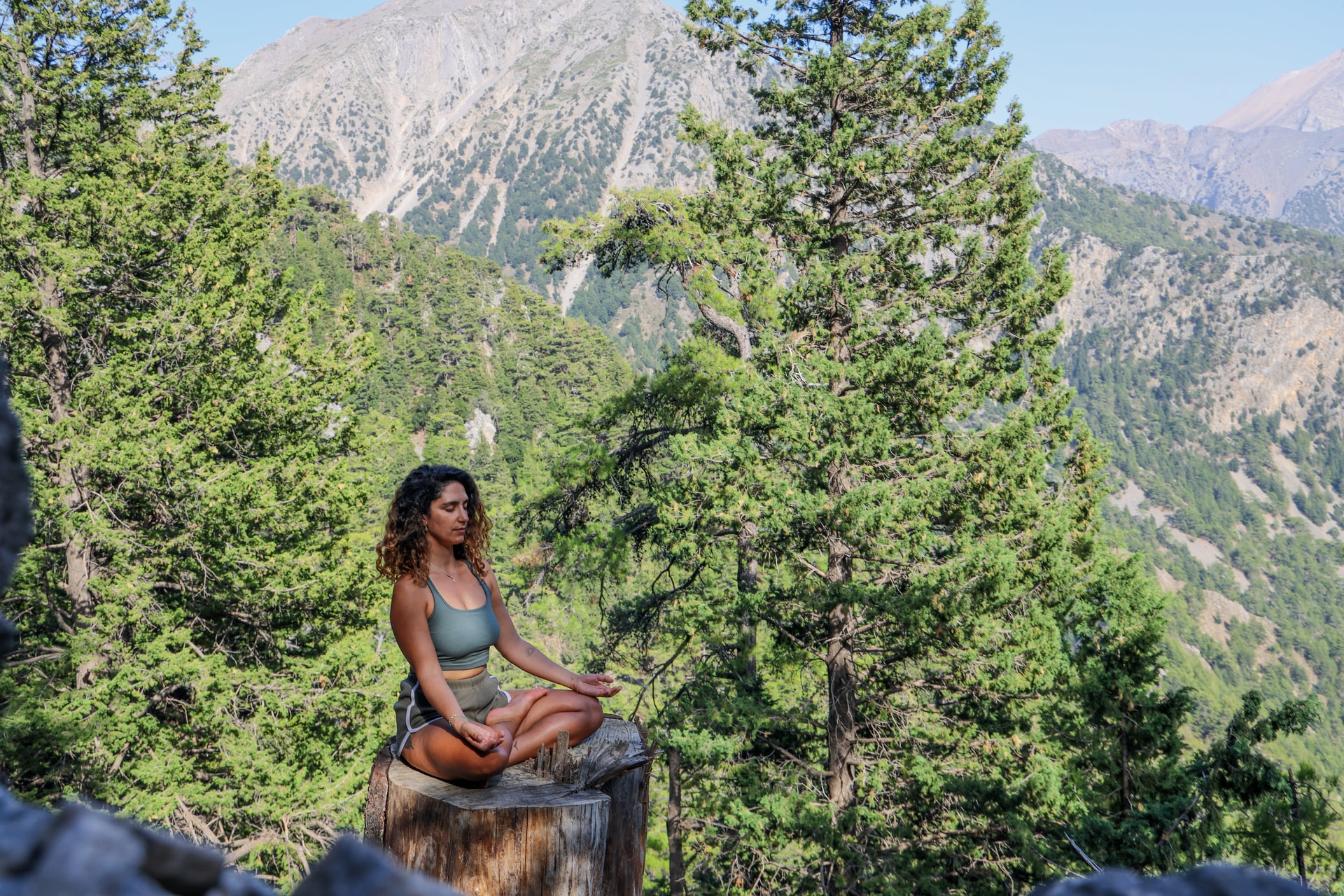
Visualize Yourself Relaxing:
Painting a mental picture of a relaxing location might genuinely help to relax your mind and body. Make sure it’s simple to think about so you can come back to it when you’re feeling nervous in the future. Sit in a peaceful and comfortable area when you start to feel uneasy. Consider how many minor details you’d notice if you were there.
Consider how the environment might smell, feel, and sound. Imagine yourself in that location, relaxing and enjoying it. Anything in the world is possible, real or imaginary, or imagined, but it should be a picture that makes you feel calm, happy, serene, and secure.
Close your eyes and take calm, regular breaths through your nose and out of your mouth until you’ve captured a nice image of your happy spot. Continue to focus on the place you’ve envisioned in your mind while keeping your breathing in check until you feel your worry subside. When you’re feeling worried, go to this spot in your head.
Breathing To Relax:
The respiration rate has increased when you are concerned. You can start sweating and feel dizzy or lightheaded as well. Then exhale slowly and steadily. As you inhale, pay attention to and feel your hands.
When you breathe deeply, your stomach should move faster than your chest. While keeping your hand on your chest, you should be stationary; the writing on your stomach should move slightly. Controlling your breathing might help you relax both your body and mind when you’re stressed. Take a seat somewhere peaceful and relaxing.
Hips, tummy is a good way to start. Take a deep breath in through your nose, and gently exhale through your mouth to relax. Rep this process at least ten times, or until you see a reduction in your anxiousness.
Staying Present Allows You To Unwind:
Mindfulness is the gentle and nonjudgmental discipline of being fully present in one’s current condition and surroundings. Close your eyes and sit in a peaceful, comfortable spot.
Now pay attention to the sensations you’re experiencing in your environment. Take note of how you’re breathing and how you’re feeling in your body.
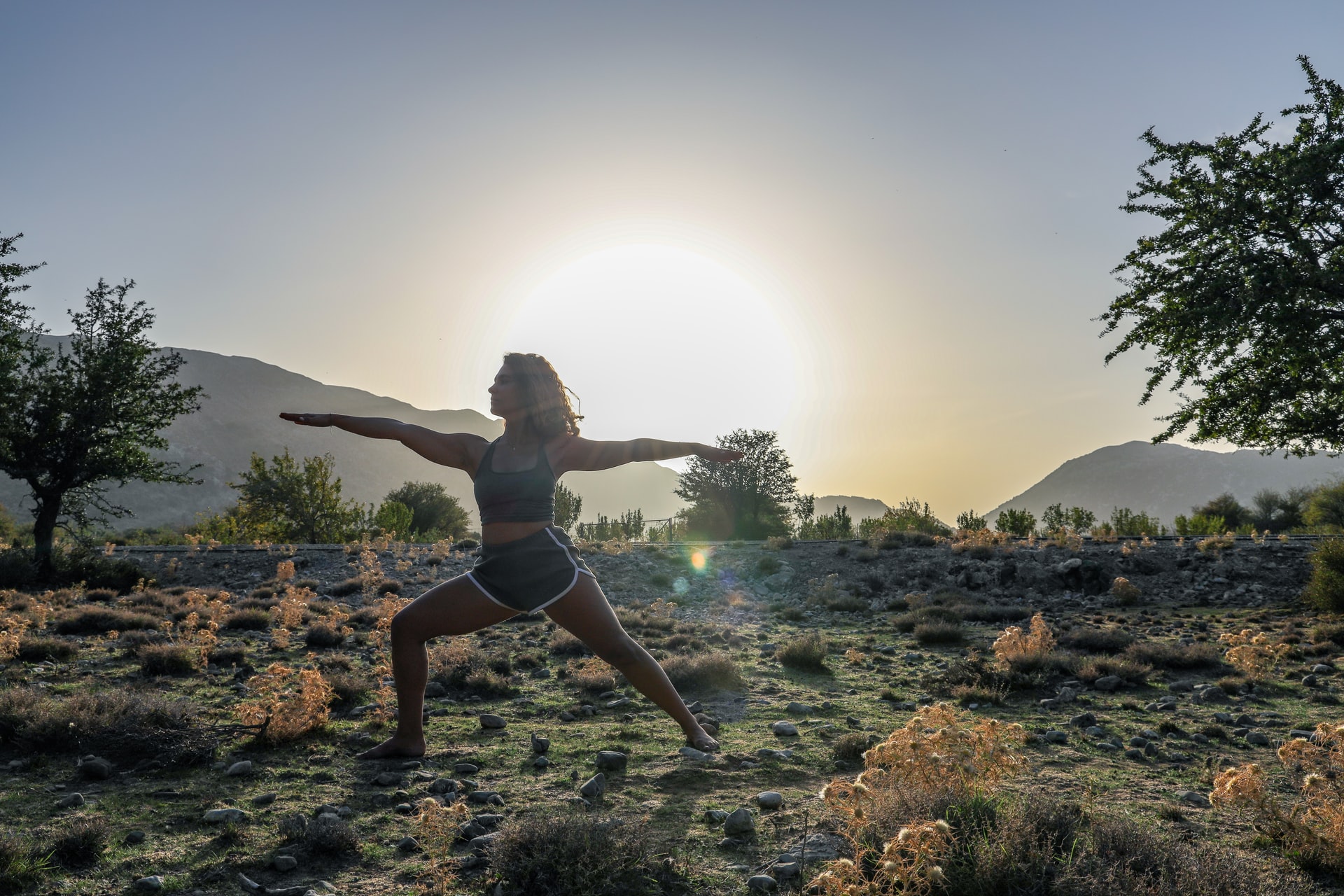
When you feel your thoughts racing and tension increasing, staying present might help you achieve a peaceful frame of mind. To get out of your mind and into the world, the present moment, do the following:
Change your focus from your body to your surroundings and back until your anxiety begins to subside.
Muscle Relaxation:
You can feel a strain or stiffness in your muscles when you are under stress. This muscle strain can make it more difficult to regulate your breathing. Worry at the moment. When you’re feeling anxious, use the following techniques to relax your muscles immediately: Take a seat somewhere peaceful and relaxing.
Maintain complete concentration on your breathing while keeping your eyes closed. Slowly inhale and exhale slowly through your nose.
- Make a fist and clench it.
- Form a tight fist with your hand.
- Keeping a mental note of how stiff your muscles are feeling.
- You could find that your hand is less tense.
Tensing and releasing various muscle groups in your body, such as your hands, legs, shoulders, and feet should continue. Your hand will eventually feel lighter and less tense.
You could wish to tens various muscle groups up and down your body. Slowly open your fingers and pay attention to your sensations. For a few seconds, keep your hand clenched.
You can usually lower your anxiety levels by releasing the stress in your muscles. Tensing the muscles in any part of your body where you’re hurt or in pain will only worsen things.
Let Go Of Your Anxious Thoughts By Interrupting Them:
When you’re concerned, it’s difficult to think straight. Breaking or interrupting anxious thoughts might be beneficial. Anxiety might lead us to believe damaging, incorrect thoughts or act in ways that exacerbate our stress. As a result, you’ll be able to think clearly and respond to your thoughts promptly.
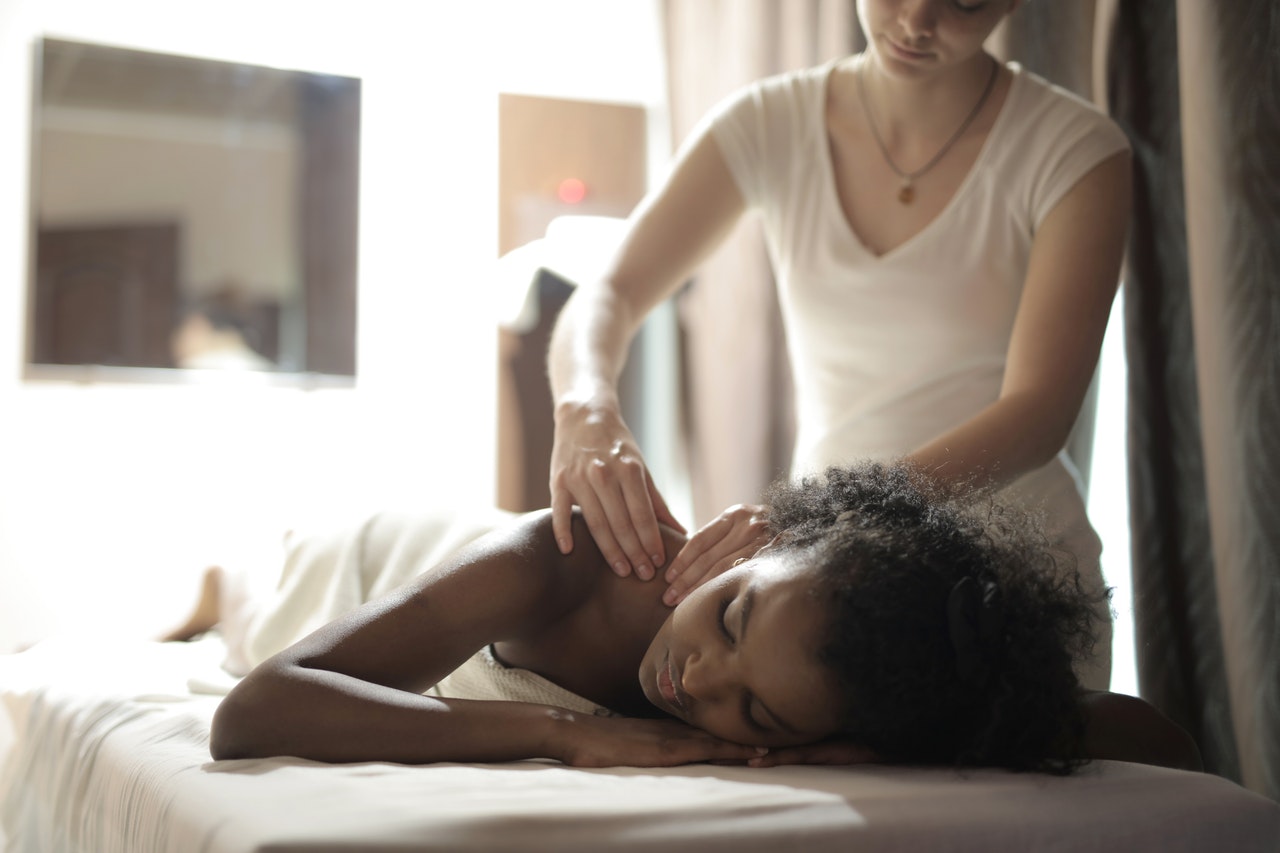
Here’s How To Break The Cycle Of Anxiety:
Check to see whether you have an issue with constant concern. It’s important to be aware of the answer if it’s yes.
Various methods of halting your worried thought process might be tried. You were singing a ridiculous song about your nervousness in a fun way or voicing your fears in a funny voice. Recognize how you feel when you shift your attention away from your concern and toward the task at hand. Play music or read a book to unwind.
Instead of focusing on your anxiety, choose a pleasant thought. It could be someone you care about, a joyful area, or something you’re looking forward to doing later in the day, such as having a delicious meal.


